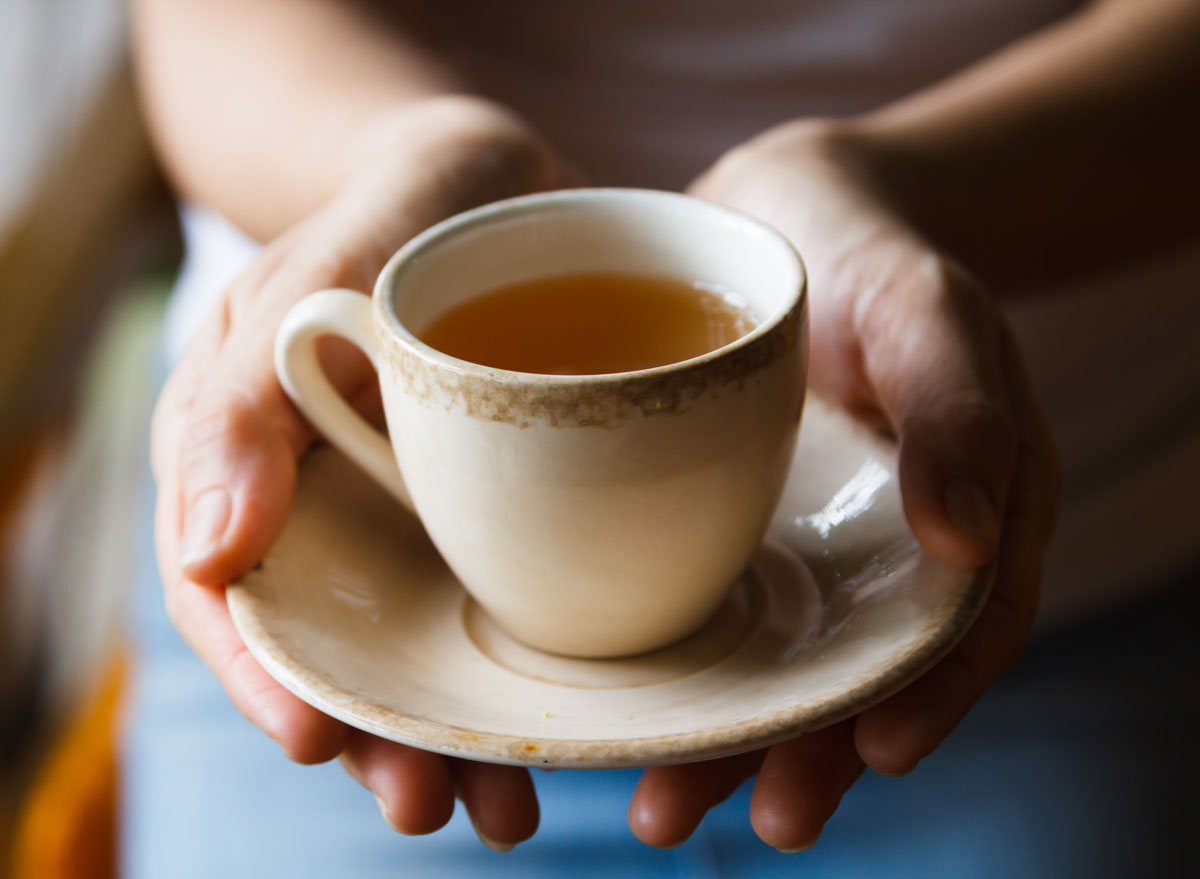Ways to keep Dashain meat healthy and safe for a long time
During the festival season, many homes have an abundance of meat. If it is not properly preserved, it can spoil.
Clean equipment should be used while slaughtering and cleaning meat, and storage should be done at a temperature below 4 degrees Celsius.
The minimum internal temperature should be maintained at 62.8 degrees Celsius when cooking meat.
Now is the festive moment of Dashain. Those who are away from home for work and study have started returning home and gathering. How many people are traveling? How many are preparing for the trip? Meat is the most consumed food during Dashain family gatherings. Except for vegetarians, most people eat meat like every meal during Dashain.
Most families slaughter animals at home and store plenty of meat. At this time, every house has an abundance of meat. In this situation, if the meat is not stored properly, there is a risk of spoiling. And the meat can become poisonous. Consuming such meat can cause various health problems.
Improper slaughterhouse practices and methods, poor hygiene, and improper and inadequate meat preservation methods for large quantities of meat can create a breeding ground for harmful bacteria, which can cause unpleasant and sometimes serious illnesses.
To avoid such problems, special care must be taken from the time of slaughtering the animal to its other processes, storage, and even cooking.
Food poisoning from contaminated meat is mainly caused by microorganisms such as Salmonella, E. coli, and Campylobacter. It can have mild to severe symptoms.
Symptoms
- Nausea, vomiting
- Diarrhea
- Abdominal pain
- Fever
In vulnerable people, such as young children, the elderly, and those with weakened immune systems, food poisoning can have serious consequences.
How to slaughter safely?
For many, the Dashain tradition of slaughtering goats or other animals at home is a tradition. If this practice is not done hygienically, it can be a major source of infection in the meat.
-The designated place for slaughter should be clean and away from household waste and drains. There should be a place where the animal can be cleaned again after slaughtering.
-Make sure that the animal prepared for slaughter is healthy.
-Plenty of clean water should be provided for washing hands, tools and meat. Tools should be washed thoroughly with soap and hot water before and after using them.
-The person performing the slaughter should also pay attention to hygiene. Meat can be contaminated by a dirty person.
-People with contagious diseases (cold, fever, dysentery, etc.) should not participate in this activity.
-The intestines and internal organs should be removed carefully. When removing the internal organs, be very careful not to pierce the intestines, as this can spread feces and bacteria to the meat.
-After cooking, meat should be cooled to below 4°C as soon as possible to prevent bacterial growth. This can be done by using a refrigerator or clean ice.
Kitchen Safety
Once meat is brought into the kitchen, special care should be taken to prevent contamination. Maintaining good hygiene is important to prevent such problems.
Keeping raw meat and other vegetables separate
Use separate chopping boards, knives and utensils for raw meat and other foods, such as vegetables and salads. This will prevent harmful bacteria from being transferred from raw meat to ready-to-eat items.
-Always wash your hands thoroughly with soap and water before and after handling raw meat.
Cooking to the right temperature
Most harmful bacteria are killed when cooked thoroughly. When preparing dishes, meat should be cooked thoroughly, especially until the pink color is gone.
For large cuts of meat, the recommended minimum internal temperature is 62.8°C. The best way to measure the temperature is to use a food thermometer.
Storing for later: Modern and traditional preservation
When a large amount of meat is available, how to store it properly?
Meat storage methods
1. Freezing
Fresh meat can be stored in the refrigerator at a temperature of 4 degrees Celsius or lower and consumed within a few days. For long-term storage, the meat should be frozen. For this, it should be cut into the required pieces, filled with packaging plastic, sealed and placed in the freezer.
The refrigerator used for storing meat must be in good condition. Meat can be contaminated and spoiled in a dirty refrigerator. If the meat is kept in this way, it can be stored for a long time.
2. Preserving cooked meat in fat
This method is called confiting in English. In this method, the meat, especially goat, pig or duck meat, is well marinated and then immersed in its own fat. The fat acts as a protective seal. The meat can be taken out when needed and prepared in various dishes as desired. No refrigeration is required for this.
3. Salting
This method is used especially in Western countries. In this, raw meat is salted heavily and hung in a dry, cool place or stored in the refrigerator at a temperature of 4 degrees Celsius. Before using such meat, it should be washed thoroughly in water to remove the salt.
4. Making Sukuti
This is a traditional Nepali method of preserving meat for a long time. Many Nepalis used to make long pieces of Dashain meat and hang it over the fire. Even today, meat can be seen being stored in this way in rural areas.Once the meat is well dried, it will not spoil even if kept for a long time.
To make suketi, the meat should be cut into thin and long pieces. This will allow it to dry evenly. It is best to dry it in a well-ventilated place, covered with a net to protect it from flies. The meat should be completely dry and hard before storing. Meat dried in a slightly smoky place will last longer.
5. Making Pakku
Pakku is a traditional Nepali meat dish. It is mainly made from goat or cow meat. The method of making it is special. The pieces of meat are marinated in spices such as ginger, garlic, cumin, and coriander and placed in a pot. Then, without using water, the meat is cooked in its own fat and juices at a low temperature for a long time.
When cooked in this way, the meat melts completely, becomes very soft and tasty, and its color is dark brown or black. Since it is cooked in its own fat without adding water, it does not spoil for many days.
It can be made into a broth and gravy as per the requirement. It can also be eaten with rice and curries. The pakku prepared in this way can also be stored at normal room temperature. If kept in the refrigerator, it will not spoil for many more days.
Do not eat too much
Consuming too many fatty and spicy meat dishes can cause digestive problems. To facilitate the digestion process, plenty of fresh vegetables, salads, and fruits should be included in the diet.
Drink plenty of water
Drink plenty of clean water throughout the day.








